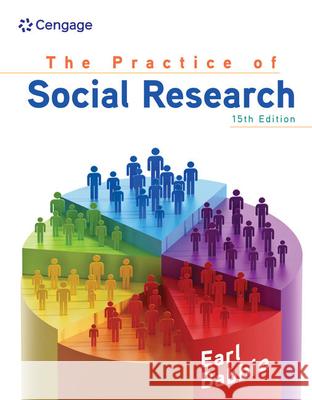The Practice of Social Research » książka
topmenu
The Practice of Social Research
ISBN-13: 9780357360767 / Angielski / Miękka / 2020 / 592 str.
Kategorie:
Kategorie BISAC:
Wydawca:
Cengage Learning, Inc
Język:
Angielski
ISBN-13:
9780357360767
Rok wydania:
2020
Ilość stron:
592
Waga:
0.99 kg
Wymiary:
25.15 x 20.32 x 2.54
Oprawa:
Miękka
Wolumenów:
01
Dodatkowe informacje:
Bibliografia
Wydanie ilustrowane
Wydanie ilustrowane











